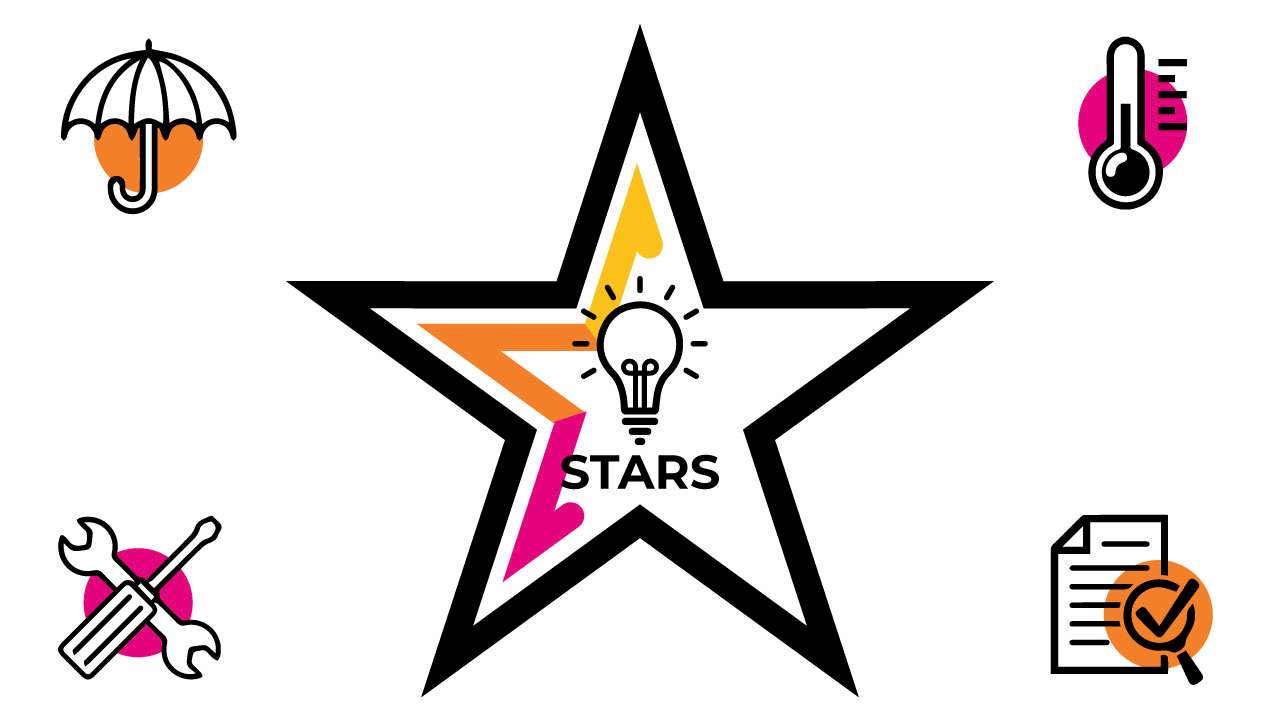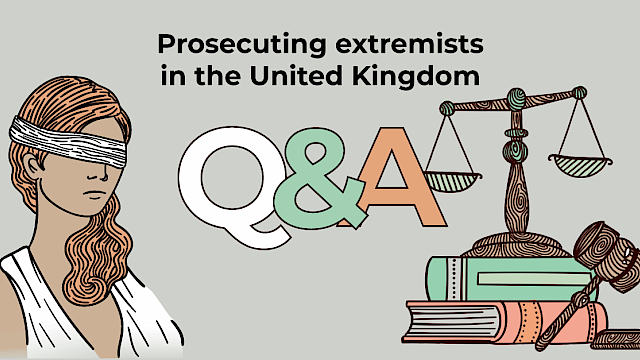The ‘STARS framework’ helps practitioners to ensure that all the main elements and tensions potentially ‘in play’ are being considered in public-facing counter-terrorism (CT) strategic communication campaigns, with corresponding options for actions and techniques to tackle common problems.
The framework addresses the key considerations, techniques, mitigating and moderating factors in relation to the 'S - Situation', 'T - Threat', 'R - Response', 'S - Signals' parts of the framework. The key components of the framework are outlined alongside:
- Considerations: fundamental critical questions that practitioners must consider that align with key communicative and contextual challenges;
- Technique: common messaging / influencing techniques available and adopted by practitioners when seeking to respond to these considerations;
- Mitigate: linked environmental tensions that practitioners should think about when planning to employ a technique;
- Moderate: actions and strategies that may help to moderate or alleviate the impact of these tensions.
The 'A - Adapt' element of the STARS acronym acts as a recurring prompt woven throughout the framework, rather than sitting as a separate consideration.
The framework is not an exhaustive list, nor a set of ‘must do’ binary choices, but a series of options, derived from empirical research. Similarly, while for clarity and practicality we hold the components and categories apart, in reality, they will overlap.
Copyright Information
As part of CREST’s commitment to open access research, this text is available under a Creative Commons BY-NC-SA 4.0 licence. Please refer to our Copyright page for full details.
IMAGE CREDITS: Copyright ©2024 R. Stevens / CREST (CC BY-SA 4.0)






